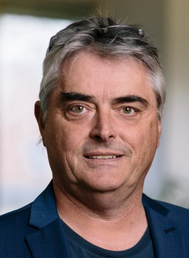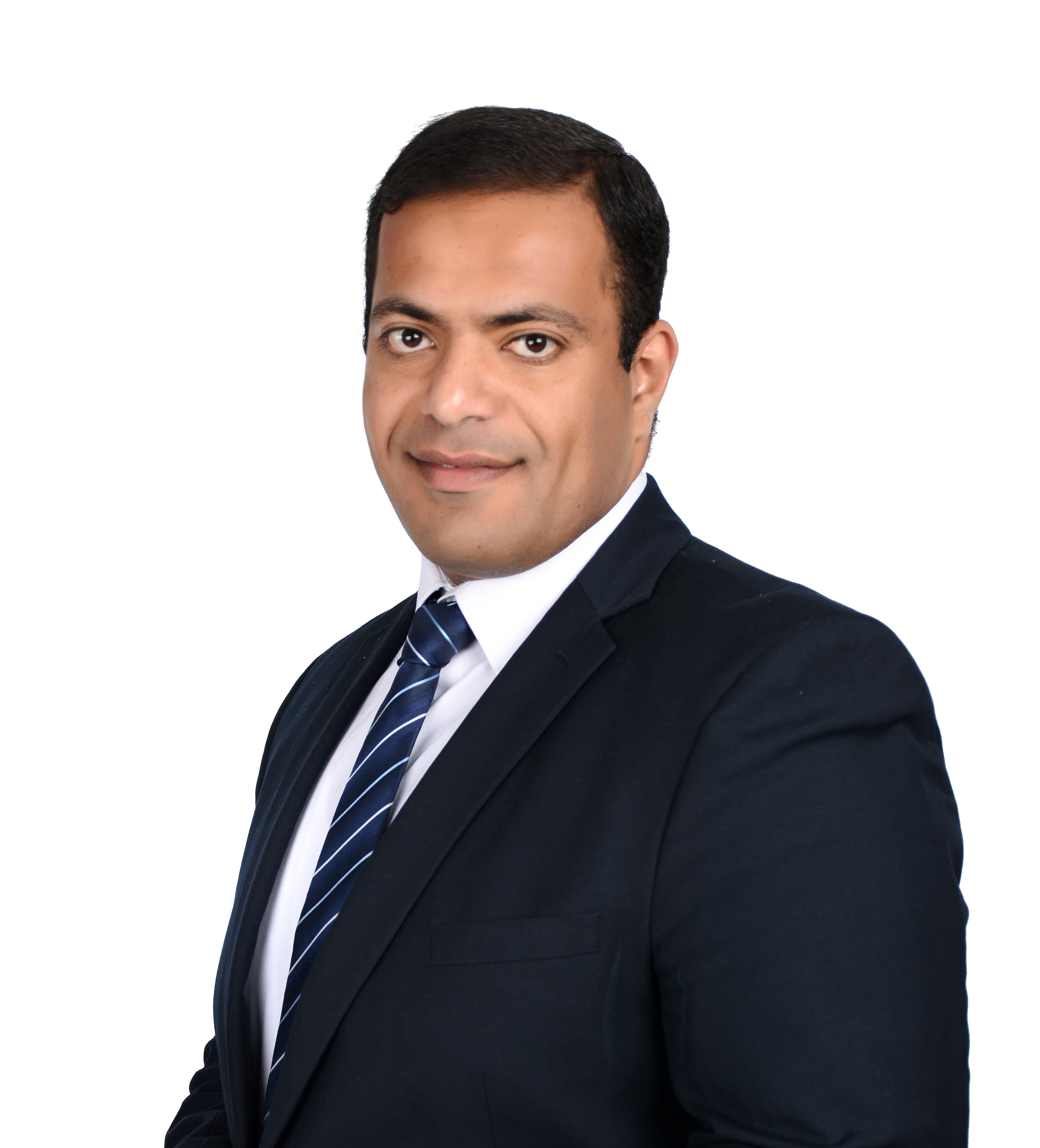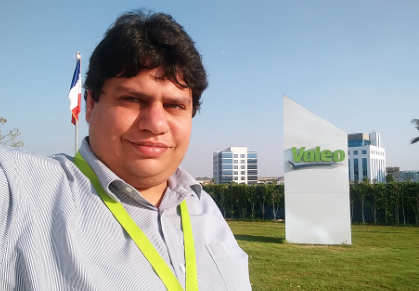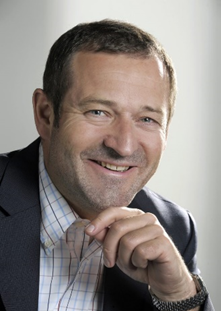The 2024 Key Notes page is currently updated.
From Pharaohs to the Future: Iterative Engineering Excellence Across Millennia
Abstract: The evolution of software process maturity models has been a cornerstone in driving quality and efficiency in various industries. In this keynote, we journey back thousands of years to explore the construction of the Egyptian pyramids, where the pharaohs applied highly systematic and mature processes to achieve engineering marvels that have stood the test of time.
This presentation explores the fascinating similarities between the evolution of the pyramid designs at Giza and the Software Maturity Models. By drawing parallels between the methodologies used in pyramid construction and modern-day Automotive SPICE, both are deeply rooted in humanity's quest to build enduring and sophisticated products. Providing insights into how continuous learning and incremental improvements are essential for achieving maturity and excellence in both fields.
Ultimately, this presentation will not only highlight the enduring legacy of the pyramids but also offer valuable lessons for software development, emphasizing the importance of process maturity models in achieving innovation, reliability, and success.
CV: Samer Sameh is an Instructor Level Automotive SPICE Assessor with more than 10 years of experience into the Automotive industry. Samer is working in Valeo, an automotive supplier and partner to automakers worldwide. His main mission is to support the improve the current used processes for Sys & SW development to be compliant with the new emerging technologies in the automotive market like Autonomous driving, Artificial intelligence, wireless communication, cyber security As ASPICE Assessors, they lead the assessments which cover a wide range of projects in USA, Germany, Spain, China, India, France, Czech, Ireland and Egypt.
Aly GadElRab is a seasoned Software Testing Expert with 14 years of extensive experience in software development and testing, specializing in Software Integration Testing for automotive embedded Software. Currently, he serves as the Software Test Lead at Valeo's Lighting Division.
ASA Automotive Skills Alliance - The New Initiative TRIREME - Re-skilling Strategies for European Car Industry (2024 - 2028)
Abstract: The ASA (Automotive Skills Alliance DRIVES) has been formed by end of 2021 inegrating different automotive associations and members of blueprint projects for automtive to build an upskilling strategy and platform for the automotive sector.
A EuroSPI & Valeo (represented in EG-SPICE) working group for IT and software in automotive has been formed and an EuroSPI chair for ASA has been appointed. The working group is now active and participation is possible.
The Mobility-Transport-Automotive Ecosystem will belong to the most visible ones to demonstrate the transition of the European economy towards a green and digital economy. Automotive-Mobility is one of the major industries in Europe. The twin transformation the European society and economy is facing will change the landscape of key actors. This will be further strengthened by strong interlinkages between different players in the ecosystem – from the automotive value chain, IT sector and different applications, new energy carriers in transportation as well as to new applications around services, logistics, interconnectivity or connected and automated vehicles. The TRIREME project, as the blueprint for sectoral skills collaboration, will focus on the following: - skills intelligence and strategical recommendations (strategy) on how to boost re-/up-skilling in the automotive-mobility sector
You can find the information about the ASA working groups here. In this key note the president of the ASA and the board director of ASA (Peter Dolejsi, Jakub Stolfa) will present the new TRIREME strategy.Curriculum vitae: Petr Dolejsi was born in 1977 in Prague. He has graduated PhD. in Economics and Social policy at the University of Economics in Prague, following the Masters´ degree in Economics and Reginal policy. He also passed several courses and stages, including scholarhip at the Universite Cathollique du Louvain in Belgium.
He has started his career within the public services on different, leaving the Ministry for Regional Development of the Czech Republic at the Head of Unit post to Permanent representation in Brussels in 2004. He became member of the Presidency team in 2009 chairing the Competitiveness and Growth working party of the Council. In 2010 he joined ACEA and became a Director for Mobility and Sustainable transport, with a specific focus on CO2 policy, industrial policy and alternative
Challenges in Automotive
Abstract: We have more software in cars than in planes. In aerospace autonomy is nearly solved. In automotive we have more impacts on autonomy than anywhere else. The change from combustion engine to electric engine, as well as the change in ownership vs. car sharing is not only a technology challenge but also a major effort for the automotive environment. Enabler for these challenges are concurrent execution, security and safety. But each of these enablers come with their own challenges. During the presentation we will have a closer look to complexity by concurrent execution, quarterly security release and safety software over the air.
CV: Prof. Dr. Bernd Hindel studied computer science in Erlangen and Green Bay (USA). In 2001 he founded Method Park. In addition, Prof. Hindel is a Lecturer for Software Engineering at the University of Erlangen and the University of Augsburg. Bernd Hindel is the founder of ASQF e.V. (Association for Software Quality and Training) and iNTACS e.V. (international Assessor Certification Scheme for SPICE Assessors). As a member of DIN Institute, Prof. Hindel was the chairman for Software and System-Engineering Standards and the head of the German Delegation to ISO/IEC JTC1 SC7. From 2006 to 2009 he was the German representative at the Working Group responsible for the definition of SPICE (ISO/IEC 15504). Prof. Hindel has been Keynote Speaker and/or Organizing Chair of many international Conferences on Software Quality, including the World Congress on Software Quality, Munich, 2005 and Shanghai, 2011. Prof. Hindel published numerous papers and books on software engineering.
Consistency for more than one Threat Analysis and Risk Assessment and Security Element out of Context Experiences
Abstract: Automotive SPICE® for Cybersecurity contains Cybersecurity Risk Management process (MAN.7) corresponding to Risk Assessment Methods (ISO/SAE 21434:2021-clause 15). Both standards describe how a Threat Analysis and Risk Assessment (TARA) should be carried out. However, they leave open how, in the event that several TARAs arise at different levels/different points in a life cycle model or a supply chain, these can be synchronized. This paper will outline different scenarios how to perform and synchronize different TARAs performed.
CVs: Thomas Liedke is the moderator of the INTACS working grpup developig the training materials and examples for APICE for Cybersecurity and Richard Messnarz is the moderatpr of the SOQRATES group who contributed examples and explanations for the security processes.

Thomas Liedke,
Senior Cyber Security Expert,
Magility, Stuttgart, Germany

Dr Richard Messnarz,
Manager and Senior Expert,
ISCN/SOQRATES Group, Graz, Austria
LLM and GenAI based SE processes / practices / implementations
Abstract: We stand at a pivotal moment in software engineering, with AI-driven approaches poised to enhance the development, testing, and sustainment of software. While Generative AI tools initially sparked excitement for their potential to reduce errors, scale changes effortlessly, and drive innovation, concerns have emerged. These concerns encompass security risks, unforeseen failures, and issues of trust. Empirical research on Generative AI development assistants reveals that productivity and quality gains hinge not solely on tool sophistication but also on task flow redesign and expert judgment. Drawing insights from the study about Architecting the Future of Software Engineering: A National Agenda for Software Engineering R&D, we will focus on the critical technologies and research areas essential for advancing future systems, with the overarching goal of making software a competitive advantage
The Software Solutions Director in SEI / CMU will chair a virtual panel after having given a key note.
Panel: Our keynote panel will explore the future of software engineering using Generative AI technologies from multiple perspectives. We'll examine current applications, envision future possibilities, identify research gaps, and identify critical skill sets required by software engineers and stakeholders to harness Generative AI's potential effectively and responsibly. By fostering a deeper understanding of AI's role in software engineering, we aim to accentuate its potential and mitigate its risks.
Panel Chair: Anita Carleton, Carnegie Mellon University, Software Engineering Institute Executive Software Solutions Director, IEEE Fellow
Panelists are:
- Professor Lionel Briand, Science Foundation Ireland Research Centre for Software, Director
- Dr. Ipek Ozkaya, Carnegie Mellon University Software Engineering Institute Engineering Intelligent Software Systems Technical Director
- Dr. Alexander Poth, Volkswagen AG, senior expert, team lead in Agile, and new IT topics like AI
- John Robert, Carnegie Mellon University Software Engineering Institute Software Solutions Deputy Director
- Roland Weiss, Head of R&D and Technology, ABB
AI in Software Engineering: Promise and Perils
Dr Christian Greiner received his masters degree and his PH.D. in mathematics from the University of Ulm, Germany with a focus on decision-making processes. He has more than ten years experience as a professional manager and as consultant for knowledge and information management. Dr. Greiner has been Professor for information systems and management since joining Munich University of Applied Sciences in 2003. At the moment, he serves in his faculty as the associate dean for applied research and he is the program director for the bachelor ans master degree program Information Systems & Management. Dr Greiner’s research interest include AI as a copilot, augmented intelligence, technology acceptance and intelligent information systems in business applications as well as entrepreneurship education. He has published related to his field.
Dr Thomas C. Peisl is Professor for Corporate Strategy at HM Business School at Munich University of Applied Sciences. In this role, his applied research is focused on International Management, Innovation Management, and Global Entrepreneurship. Dr. Peisl has done considerable work with the business community in a variety of consulting assignments and is currently engaged with several high-tech companies. His latest publications are on Innovation and Change, Technology Acceptance and AI, as well as Entrepreneurial Education. He is Honorary Professor at Heriot-Watt University in Edinburgh and Visiting Professor at Edinburgh Napier University. Dr. Peisl served on the Board of Directors of Method Park AG, a leading software company in software engineering. He is a frequent speaker at professional conferences, and has consulting and research experience with a number of global organizations. He received his MBA from Washington State University and holds a PhD from Chemnitz University of Technology in Germany.

Professor Dr. C. Greiner
Hochschule Munich, Germany

Professor Dr. Thomas C. Peisl
Hochschule Munich, Germany





